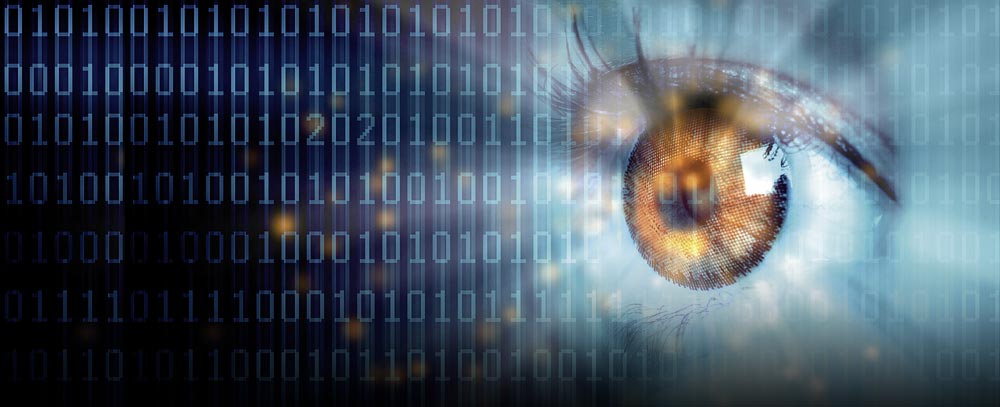The 2021 annual general meeting of EuADS will, just like last year, be held online. Each member has received a written invitation by mail. In case you are a member and have not received an invitation, please contact us as soon as possible (contact@euads.org).
The meeting will be opened by the scientific talk by our member Prof Dr José Raúl Romero (U of Cordoba). He will present on the interrelations between data and democracy (see below). Subsequently we will address the following agenda:
- Welcome (Peter Flach, president)
- Report by the treasurer (Serge Allegrezza, treasurer)
- Report by the president (Peter Flach, president)
- Discharge of the board of the EuADS
- Brief (2-3 min) statements of candidates for the board addressing possible contributions and responsibilities as board member
- Election of the board
- Miscellaneous
- End.
The new board will meet subsequent to the general meeting.

Opening Talk
Towards the democratisation of data science. The automated workflow composition problem as a case study.

José Raúl Romero (U of Cordoba) 🡥
Abstract: For a long time now, a major effort by companies, organisations and governments has fostered the democratisation and openness of data, facilitating access to and manipulation of datasets by the domain experts and end-users themselves. But as the volume of these data has grown, so has the need to exploit them and extract meaningful, novel, and useful knowledge from them. This demands the use of analytical and data science techniques, which require specialised professionals, and seemingly take the domain expert out of the process. It is essential, therefore, to prepare for a second revolution, the democratisation of data science, which must offer tools that allow the domain expert to perform basic data science tasks useful for their business without the intervention of the data scientist. In this talk we will outline the current context and go through the different current proposals to achieve this democratisation from different perspectives, and we will delve into the problem of automatic workflow composition, as a case study of a tool to bring the machine learning pipeline closer to the domain expert.


